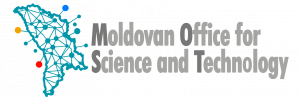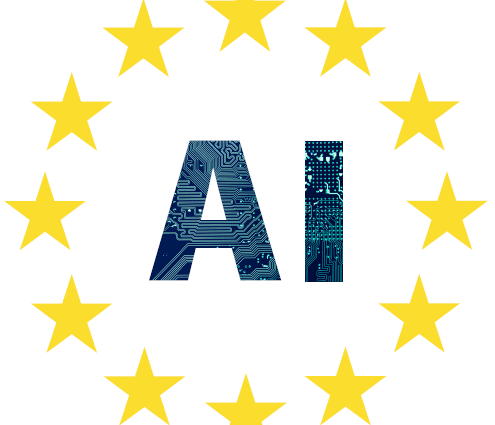With the publication of a short report on the AI White Paper consultation and a new assessment list for trustworthy AI, the EC is moving towards AI regulation.
Covid-19 has revealed the importance of artificial intelligence (AI) for economic and health system resilience, building a path towards Europe’s digital transformation. However, the crisis also raised a number of societal, ethical and policy challenges connected to the use of the technology. Hitherto, the Joint Research Centre (JRC) of the European Commission (EC) published an interesting report entitled “Artificial Intelligence and Digital Transformation: early lessons from the COVID-19 crisis”. It discusses the increased adoption and use of AI in scientific and medical research as well as the shift in attitudes towards AI and data sharing. The study showed that the pandemic boosted the digital transition, and led to a greater acceptance of data sharing especially for the monitoring of the virus spread. The report stresses that the challenges connected to the use of AI require a strong coordination among countries.
Meanwhile in the past months, the EC has been moving ahead on its AI agenda with the goal of increasing the trustworthiness of AI applications. An important step in this direction was the publication of a final assessment list for trustworthy AI (ALTAI) by the High-Level Expert Group on AI (HLEG) on 17 July. The ALTAI will serve as a dynamic checklist for organisations and businesses to self-assess the trustworthiness of their AI application. It builds on the Ethics Guidelines on Trustworthy AI published in April 2019 by the EC’s HLEG and translates the seven key requirements from the guidelines into a final assessment list. The key requirements include: human agency and oversight, technical robustness and safety, privacy and data governance, transparency, diversity, non-discrimination and fairness, environmental and societal well-being and, accountability.
On the same day as the release of the ALTAI, the EC published a brief summary report on the Consultation on the White Paper on AI from February. The consultation gathered views on the upcoming AI policy and regulatory steps from citizens and stakeholders. The preliminary findings of the consultation show that the majority of respondents considered the series of actions proposed to build an ecosystem of excellence for AI (see SwissCore article) as important or very important. With respect to the ecosystem of trust, an overwhelming majority of the respondents recognised the risk of AI breaching fundamental rights and the use of AI leading to discriminatory outcomes. The responses over how to address this challenge are divided, almost half of the respondents favoured the introduction of a new regulatory framework on AI, whilst one third think that the current legislation needs to be modified. Only 3% think that the current legislation is adequate. The HLEG on AI was given the task by the EC to come-up with a refined definition of a high-risk AI application, nevertheless, the consultation showed that there is still a general incertitude about its definition. The consultation results will be turned into an extensive report later this year, which will contribute to the preparation of a follow-up to the White Paper on AI, including on safety, liability, fundamental rights and data, planned for the first quarter of 2021. The EC also opened a consultation on the inception impact assessment for a proposal of a legislation laying down requirements for AI. Interested stakeholders are invited to provide feedback until 10 September 2020.
On a geographically larger scale, the Global AI Partnership (GPAI) was launched on 15 June. The GPAI will bring together experts from industry, governments, academia, international organisations and society to collaborate across four themes: Responsible AI, Data Governance, The Future of Work, and Innovation & Commercialisation. It currently includes 15 countries: France, Canada, Australia, the EU, Germany, India, Italy, Japan, Korea, Mexico, New Zealand, Singapore, Slovenia, the US and the UK. The partnership will be supported by a secretariat hosted by the OECD in Paris, as well as, two centres of expertise, one in Paris and one in Montréal.

